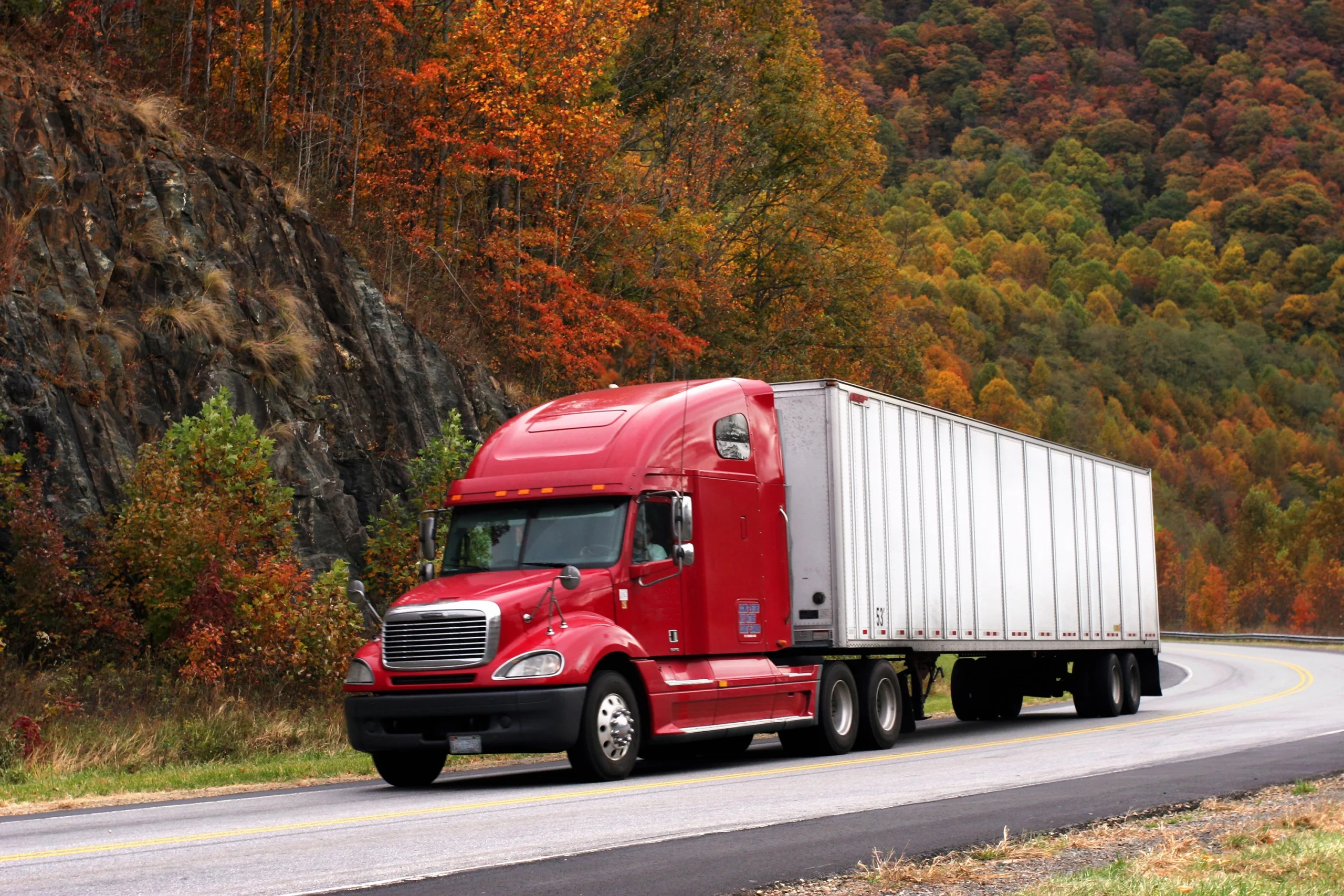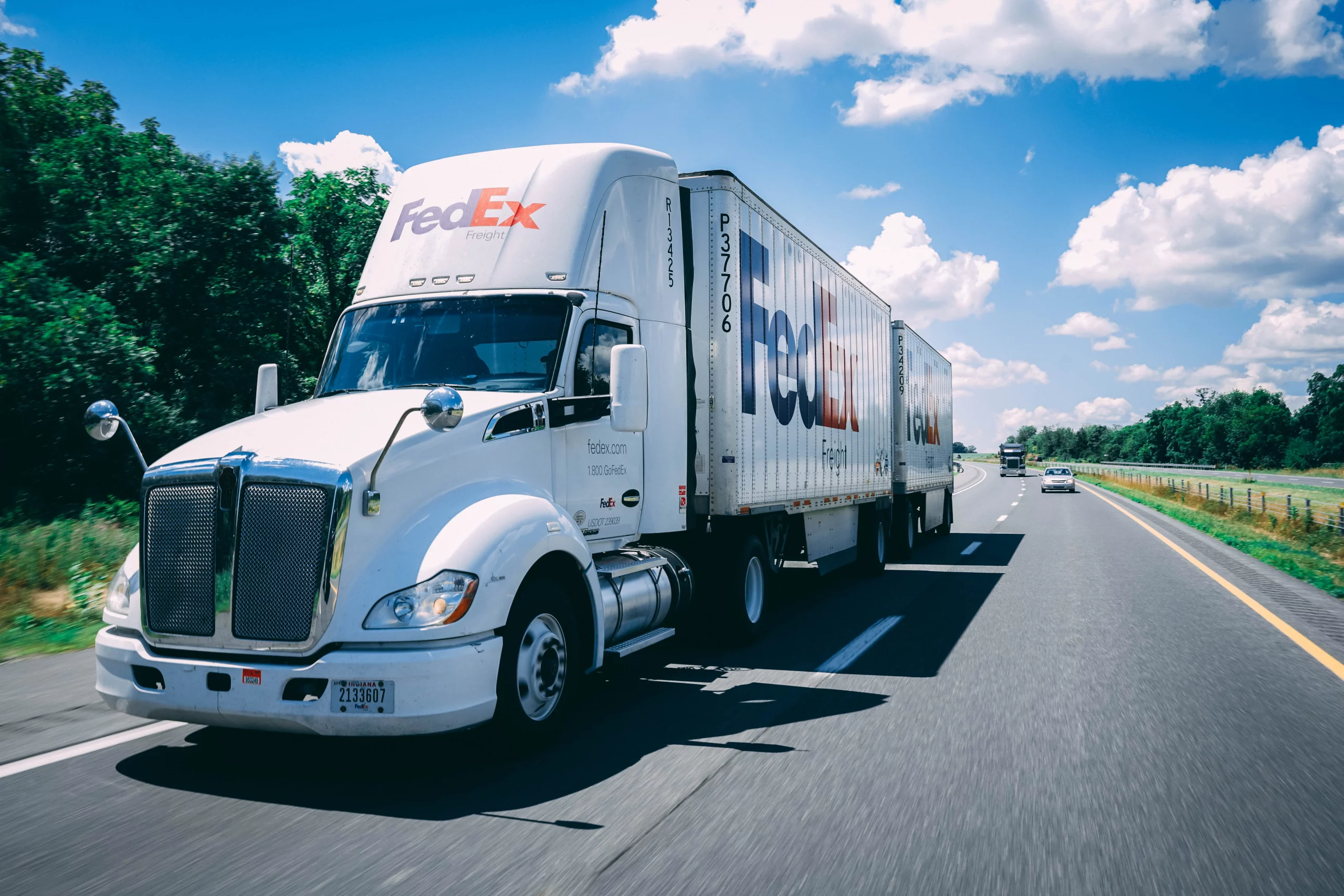TRUCKING ACCIDENTS
Tow Truck Accidents in Colorado Springs
Colorado Springs Tow Truck Accident Law Firm
In Colorado Springs, tow trucks are particularly important during the cold and snowy winter months. Cars may not perform as well in the winter as they do in the summer, since the cold weather exposes previously hidden mechanical issues. Cars get stranded in the snow. Furthermore, Colorado Springs drivers, particularly those who are new to the region, may easily get trapped on the side of the road as a result of slipping on ice roadways.
While tow trucks may assist stranded drivers or transport damaged cars to a technician for repair, they also represent a risk to Colorado Springs residents. Some of the issues that Colorado Springs drivers encounter may also affect tow truck drivers, posing extra obstacles for residents and tourists who must share the roadways with them. When such circumstances develop, these massive cars are more likely to be involved in accidents that result in serious casualties.
There are a number of factors particular to driving in Colorado Springs and tow trucks that increase the likelihood of a collision with these cars.
Types of Truck Accidents
Colorado Springs has a lot of tiny streets and parking places.
Colorado Springs’s infrastructure was built in an era when highways did not have to handle the massive volumes of traffic that they do now. When deciding on the width of the streets in Colorado Springs, the planners did not consider several types of bigger cars, such as current SUVs.
As a consequence, many of Colorado Springs’s streets are small and have little room for mistake. While Colorado Springs provides handy bike lanes and sidewalks for walking, which may be a safer way to reach downtown, that additional space is designed for bicycles and walkers, not tow truck drivers.
With their considerably bigger trucks, tow truck drivers may find it difficult to maneuver Colorado Springs’s streets safely. They may also be too large to fit into a standard parking area, making it difficult to locate a spot if they need to pull over or park near a stranded driver in need of aid.
While tow truck drivers get some training and may need a specific license to operate a tow truck, it is unlikely that this would prepare them for the obstacles they will encounter as they attempt to traverse the congested areas of Colorado Springs.
Free Consultation
NO FEE UNLESS WE WIN
Traffic congestion in Colorado Springs.
Most drivers are familiar with the inconveniences of driving in congested areas. Avoiding crashes in crowded traffic when there are cars all around you may be a tightrope act in any car. That achievement is considerably more difficult for tow truck drivers.
Because tow trucks must be able to transport huge cars with ease, they must be heavier than the cars they tow. They may take up more road space, making it more difficult for tow truck drivers to avoid striking others in tight traffic.
Congestion may make it difficult to properly change lanes or maneuver traffic in general, particularly on Colorado Springs’s curving streets, where sight might be limited.
Tow truck drivers may have less visibility than other types of drivers.
Many folks in Colorado Springs like to walk to get about. Walking to your location often takes less time than driving, particularly during peak traffic periods of the day. Others utilize bicycles to go about faster and more conveniently while yet having more flexibility than driving.
Unfortunately, tow truck drivers may have difficulty seeing bikes and pedestrians in their immediate vicinity. Tow cars have a lot of blind spots. Not only that, but those blind areas might be unexpected at times. When a tow truck is loaded, it may produce a blind area that does not present when it is empty. A tow truck driver towing a larger-than-usual car may encounter unexpected blind spots or need more space than expected to change lanes or make maneuvers, all while unable to see that precise section of the car. As a consequence, they may find it difficult to prevent possible accidents.
When it comes to pedestrian traffic, such blind areas may be extremely troublesome. Jaywalking is popular in Colorado Springs. Residents of Colorado Springs often walk out into traffic without notice, particularly if they believe they are visible and can safely cross the street.
A tow truck driver, on the other hand, may have a harder time recognizing that person at all, perhaps increasing the likelihood of an accident. Because pedestrians absorb the brunt of the car’s impact, tow-truck/pedestrian collisions offer a serious danger of serious injury. As a consequence, even small accidents may result in serious traumas such as traumatic brain damage or spinal cord injury to pedestrians.
Tow truck drivers who fail to properly tie cars to the tow truck might endanger the lives of other motorists.
Tow truck drivers transport various types of cars. When it comes to how to tie it to the tow truck, each one may have various needs. Those standards may also differ based on the kind of tow car that is being utilized. Tow trucks from the past used a hook and chain technique to connect to the car.
They raise the car’s drive wheels off the ground, then use the tow truck’s power to pull it along. Other tow trucks may utilize a bracket system to secure the damaged or disabled car in place, or they may completely raise the car onto the tow truck’s bed.
While all of these developments provide a high level of protection for a properly secured car, tragedy may occur if the tow truck driver fails to securely attach the car to the tow truck.
When a car is unbalanced, it might teeter and crash, inflicting crushing damage to other cars around or behind it. If a car falls off the back of a tow truck, it might leave an uncontrollable car on the road, crashing into another car with significant force.
Tow truck drivers may not acquire the necessary training to maneuver Colorado Springs’s streets safely.
It takes time to learn how to operate a huge, cumbersome car like a tow truck. To operate a commercial tow truck in Colorado Springs, drivers must get a Class C license, as opposed to the ordinary Class D license required for passenger car drivers. Tow truck drivers may need more advanced training and a separate license in certain circumstances in order to operate considerably bigger tow trucks, such as those typically used to transport 18-wheelers and other large cars following an accident.
That does not, however, imply that tow truck drivers get all of the necessary training to safely negotiate Colorado Springs’s streets. Tow truck drivers are often thrust into their jobs with nothing more than the training they had to get a standard driver’s license. They may have had a limited number of hours behind the wheel and got minimal instruction on how to handle a certain tow truck, leaving them inadequately knowledgeable and competent to properly operate their tow truck.
A driver with insufficient training may connect the towed car improperly or struggle to handle twists and stops safely enough to account for their size, particularly when towing a bigger car or one that shifts the tow truck’s balance.
Unfortunately, some towing businesses may neglect to educate new drivers as they struggle to locate the employees to meet their demands. As a result, such drivers may not have all of the abilities they need to do their jobs properly, putting everyone on the road in risk.
In poor weather, Colorado Springs tow truck drivers spend more time on the road.
Bostonians are used to driving in the snow and ice. Colorado Springs receives 48 inches of snow on average each year. With four months or more of snow each year, Colorado Springs drivers are well-versed in managing slick roadways. Despite this, accidents are more common in icy weather, when cars may quickly slide off the road despite the best efforts of the driver. Some drivers may have greater troubles with their cars as a result of the icy weather, which may reveal underlying engine problems.
In every weather, tow truck drivers come to the rescue.
Tow truck crews stormed the highways after severe storms that resulted in many accidents and cars falling off the road, bringing those cars out and allowing snowplows to safely pass through. Even though tow truck drivers have bigger cars with higher grip on snowy roads, they might still have issues coping with slick, icy weather.
If tow truck drivers lose control of their cars, they may need more space to regain control than a typical passenger car due to the tow truck’s heavier bulk. Tow trucks may, unfortunately, cause serious accidents in snowy or treacherous conditions.
When faced with a tow truck driver’s delay, other drivers may get angry or dangerous.
Tow truck drivers aren’t always the ones that create a danger on the road. Other drivers in the vicinity of tow truck drivers may get irritated by the delays caused by tow trucks and engage in unsafe, aggressive driving, resulting in accidents.
Tow trucks are often sent to accident scenes to assist in the clearing of the roadway. Often, traffic cannot proceed until a tow truck can connect up and remove the damaged car off the road. Tow trucks may need to slow down or obstruct traffic even more to get the damaged car out of the way. It may take some time to securely connect it to the tow truck, ensure that everything is properly locked in place, and clear the way for traffic to pass.
Because a hurried tow truck driver is more likely to cause an accident as a result of faulty connections, many tow truck drivers will take as much time as they need and not be concerned about traffic piling up behind them.
Some drivers stranded behind a tow truck may be adamant about not accepting the unexpected delay. The longer it takes to connect up the tow truck, the more frustrated they get. Even on the aforementioned smaller streets in some neighborhoods of Colorado Springs, some drivers may undertake risky maneuvers to avoid a tow truck.
They could attempt to swerve around the tow truck despite not having enough space to do so. Despite approaching traffic, they may pass on the wrong side of the road to get by. Alternatively, they may pass dangerously near to the tow truck and driver, endangering the driver as they maneuver around the car to do their duties.
While tow truck drivers are often exposed to major dangers as a result of these acts, other drivers may not be able to foresee what enraged drivers may do as they attempt to flee the scene of an accident.
When tow truck drivers get preoccupied, they may trigger more significant repercussions.
Regardless of who is distracted behind the wheel, distracted driving may result in catastrophic accidents. Tow truck drivers, on the other hand, may cause much more devastating accidents if they get distracted due to the tow truck’s bigger size and weight.
A split second of preoccupation might allow the tow truck driver to overlook another car approaching from behind or fail to detect someone stopping in front of them in time to apply the brakes to prevent an accident.
Because tow trucks take longer to slow down, change lanes, or halt, failing to notice these little moves might result in serious accidents. Tow truck drivers, however, may face a variety of possible diversions. They may need, and should, use a GPS to drive the towed car to an unexpected place.
They may be receiving messages alerting them to other stranded drivers or the next stop they must make. Given the demands of their jobs, a moment’s inattention may seem appropriate, yet that inattention might lead to disastrous tragedies. If you’ve been hurt in a tow truck accident in Colorado Springs, get in touch with one of our truck accident attorneys right now.

FREE CASE REVIEW
We are standing by ready, willing, and able to help you. You can schedule a free consultation here on our website, or give us a call and talk to us. Whatever you prefer, we will accomodate you!








